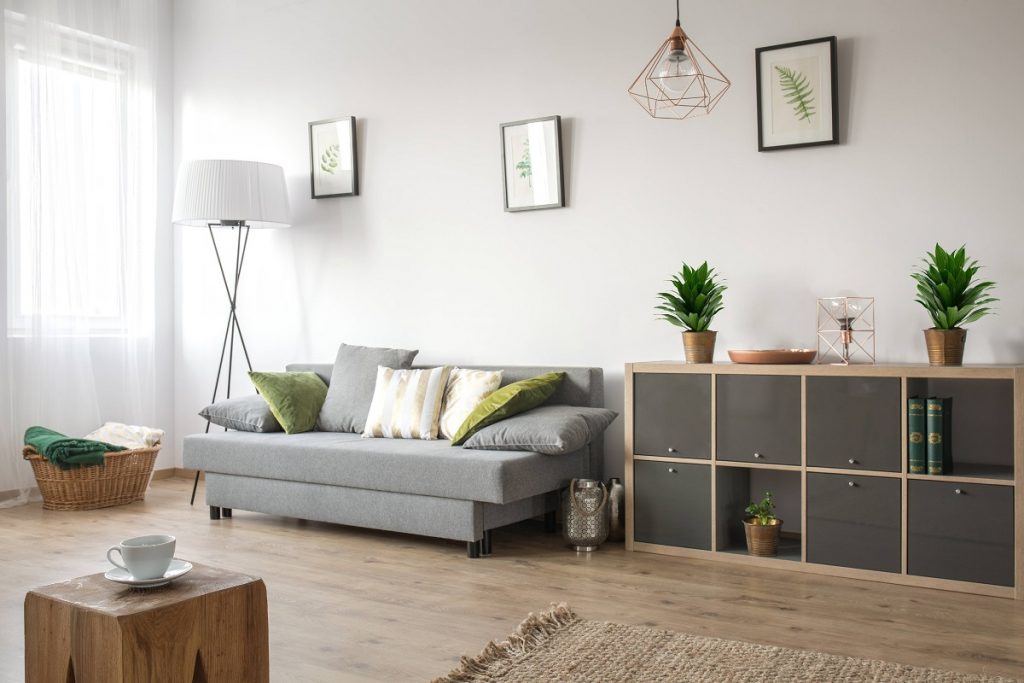The number of people choosing to live a minimalist lifestyle has increased considerably since the movement began in the 1950’s. In today’s hectic world of fast-paced jobs, large families, and 4 bedroom homes, it is all too easy to lose sight of the simple things in life. Minimalists prefer not to share in the stressful hubbub that some over achievers live in.
1. Transportation
Living a minimalist lifestyle goes hand in hand with the going green movement. Many minimalists prefer to walk, use public transportation, or bicycles, successfully reducing the expense and the environmental hazards of driving an automobile. Life for the minimalist is often less stressful as they tend to avoid the 9-5 jobs, opting instead to work from home, or from virtually any location they wish.
2. Household
In an effort to keep bills low, minimalists will try to find housing in populated areas, close to grocery stores, making grocery shopping more convenient. Renting a small home or apartment helps to avoid expenses like mortgages, and insurance.
Household furnishings, while stylish and comfortable, are kept basic and practical. The minimalist usually avoids clutter and disorganization by limiting knicknacks.
3. Clothing
Excessive clothing is also something the minimalist will limit. Clothing is necessary for everyone, but the minimalist prefers to keep the amount of assorted clothing items curtailed to a few simple outfits.
Some cost conscious minimalists even design and sew their own clothing. Below is a list of places where a minimalist might shop for necessary clothing or household items.
- Thrift stores
- Resale shops
- Garage or yard sales
- Habitat for humanity stores
- The Salvation Army
- Retail stores offering close-out items
4. Lifestyle
Growing a garden for fresh and inexpensive vegetables, as well as eating at home rather than going out, are effective ways to enjoy the natural simplicity of the minimalists lifestyle. There are different degrees of minimal living ranging from extreme, where televisions and technology are sometimes scorned, to moderate, where electronics are accepted as long as it is kept to one cell phone, one computer, one television, instead of owning things in multiples.
The minimalist lifestyle may not be a suitable existence for everyone. Making the choice to adopt a minimal living lifestyle is often difficult; getting rid of clutter and unnecessary items from your home is never easy as most people are trained from childhood to collect and cherish things. Owning and spending less are paramount for enjoying the environmentally friendly benefits of minimal living.

